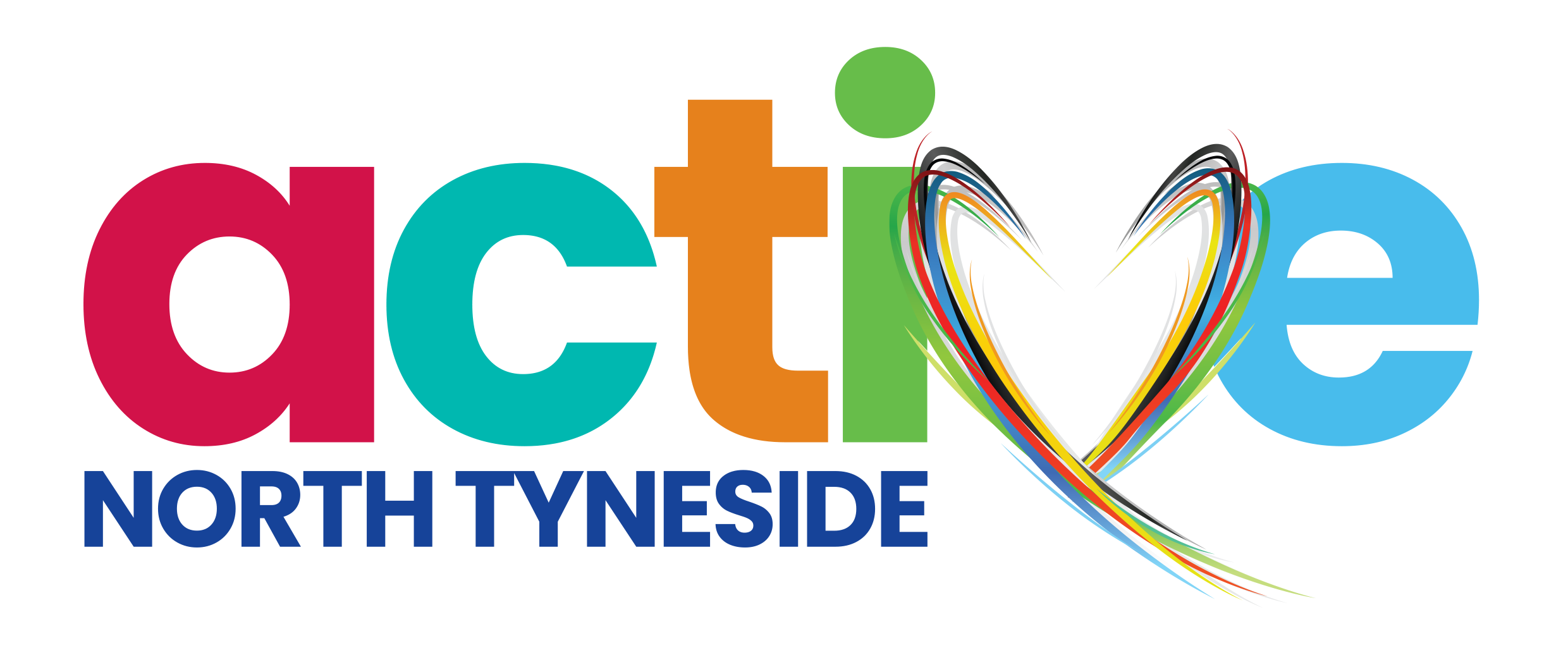Benefits of exercise
Whatever your age, there's strong scientific evidence that being physically active can help you lead a healthier and happier life.
Exercise can reduce your risk of major illnesses, such as coronary heart disease, stroke, type 2 diabetes and cancer, and lower your risk of early death by up to 30%.
Health benefits
It's essential to be physically active if you want to live a healthy and fulfilling life into old age.
People who do regular physical activity have a lower risk of:
coronary heart disease and stroke
type 2 diabetes
early death
falls (among older adults)
dementia, including Alzheimer's disease
Research also shows that physical activity can boost self-esteem, mood, sleep quality and energy, as well as reducing your risk of stress.
What counts?
To stay healthy, the UK Chief Medical Officers' Physical Activity Guidelines, on GOV.UK, state that adults should try to be active every day and aim to do at least 150 minutes of physical activity over a week, through a variety of activities.
For most people, the easiest way to get moving is to make activity part of everyday life, like walking for health or cycling instead of using the car to get around. However, the more you do, the better, and taking part in activities such as sports and exercise will make you even healthier.
For any type of activity to benefit your health, you need to be moving quick enough to raise your heart rate, breathe faster and feel warmer. This level of effort is called moderate intensity activity. If you're working at a moderate intensity you should still be able to talk but you won't be able to sing the words to a song.
An activity where you have to work even harder is called vigorous intensity activity. There is substantial evidence that vigorous activity can bring health benefits over and above that of moderate activity.
You can tell when it's vigorous activity because you're breathing hard and fast, and your heart rate has gone up quite a bit. If you're working at this level, you won't be able to say more than a few words without pausing for a breath.

